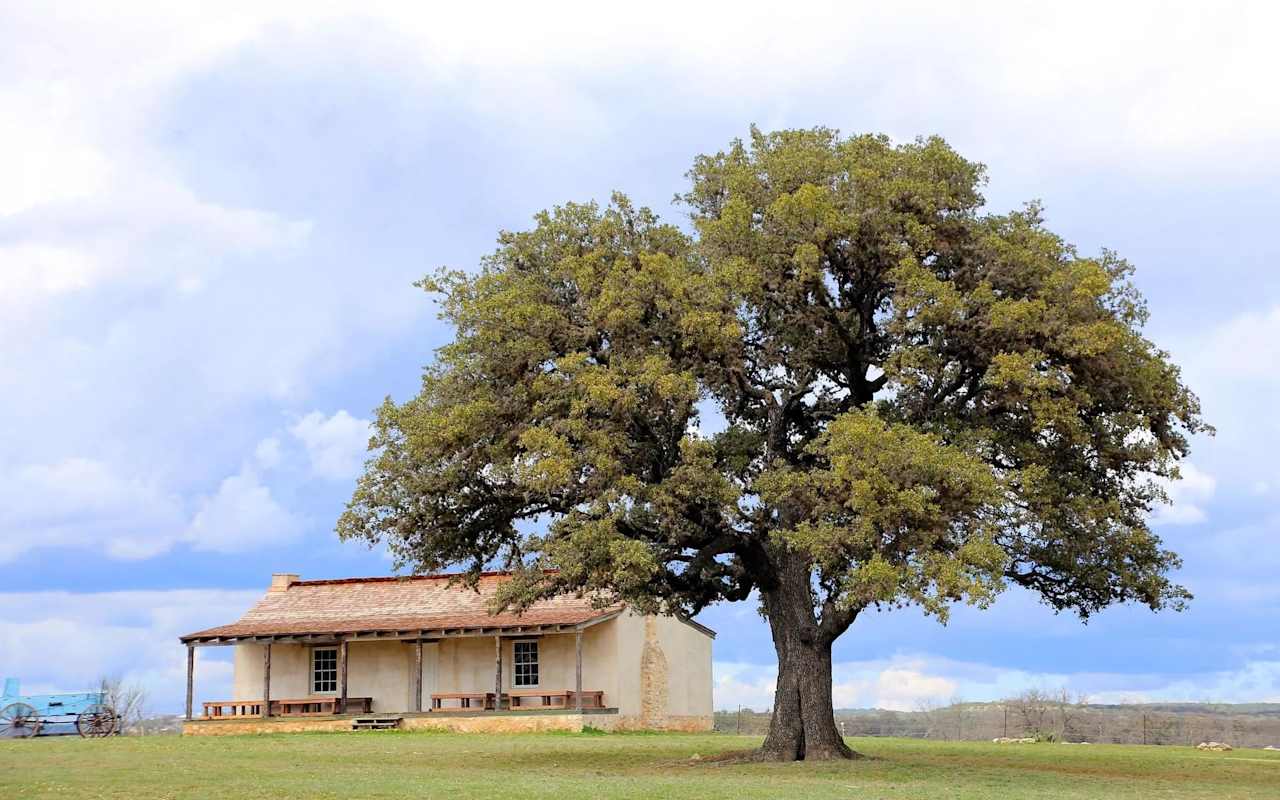A farm and ranch appraisal differs significantly from a typical home appraisal due to the unique characteristics and complexities of agricultural properties. Firstly, farm and ranch appraisals take into account not only the value of the land and any residential structures but also the productive capacity and income potential of the property. This includes assessing factors like soil quality, irrigation systems, crop yields, and livestock facilities. The appraiser evaluates the property's income generation capabilities, which can include crops, livestock, timber, or other agricultural activities. In contrast, a home appraisal primarily focuses on the market value of the residential structure and its immediate surroundings.
Secondly, farm and ranch appraisals often require a broader range of expertise and specialized knowledge. Appraisers must understand various agricultural practices, zoning regulations, conservation easements, and land use restrictions that may apply to the property. Additionally, they must consider the cyclical nature of agricultural markets and how external factors like commodity prices and weather patterns can impact property value. This complexity results in a more comprehensive and detailed appraisal process compared to the relatively straightforward approach used for home appraisals, which predominantly rely on recent sales of similar homes in the area.
In summary, farm and ranch appraisals are distinct from home appraisals because they encompass not only the physical characteristics of the property but also its income potential and the intricate factors that influence its value within the agricultural sector. Specialized knowledge and a thorough understanding of the agricultural industry are essential for accurate farm and ranch appraisals, making them more complex and detailed compared to standard home appraisals.

